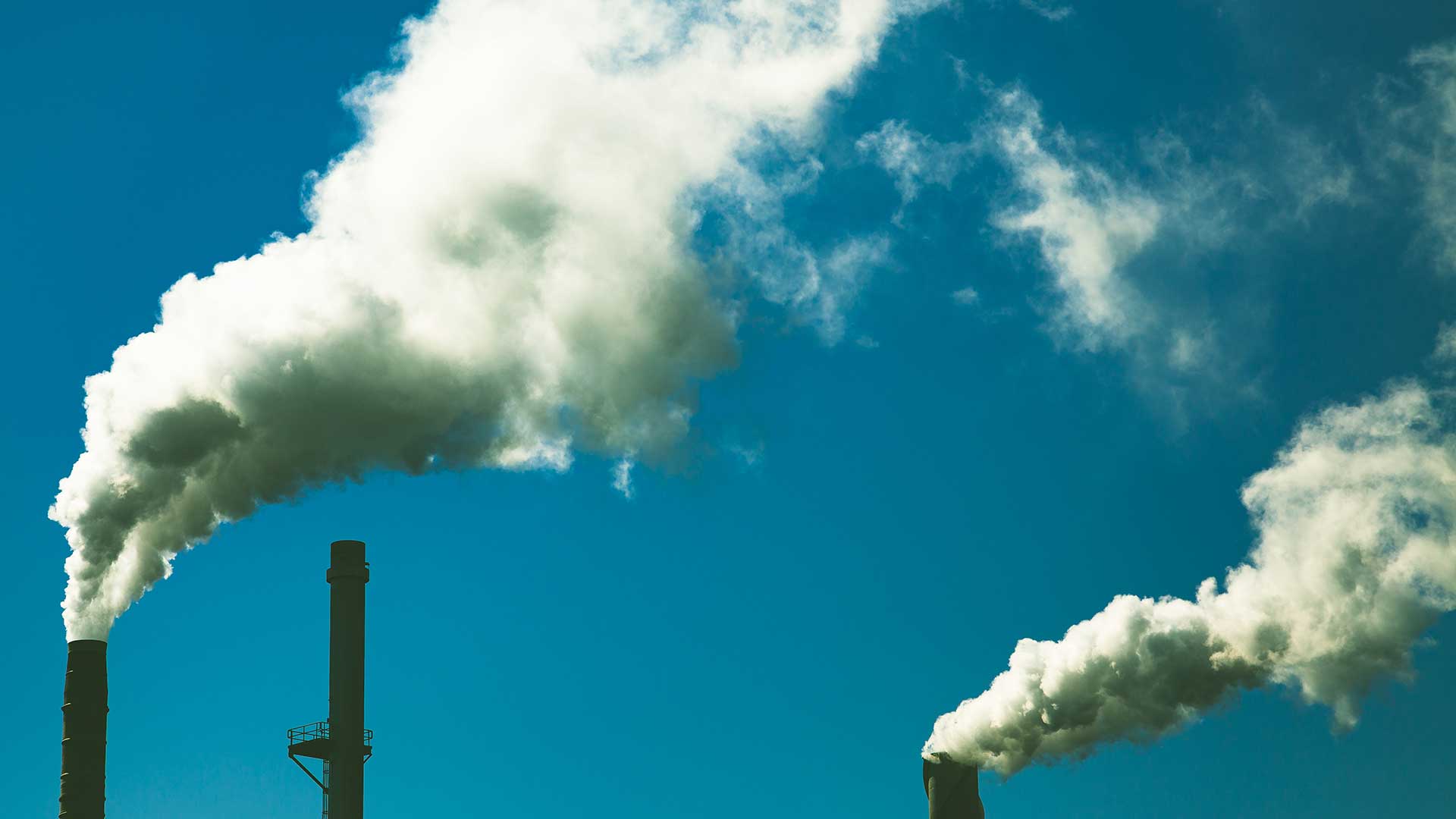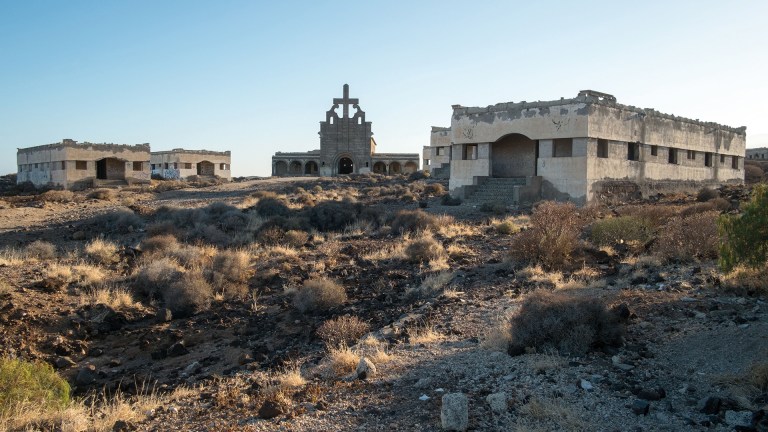“We just don’t remember the past very well,” he says. “I also think human nature is kind of programmed to be anxious and gloomy, and to look for what is coming round the corner. We are always on the lookout for problems. And we are good at solving problems.”
The author and historian is excited about what the next generation will be able to achieve now that more people than ever have access to technology and the internet – the first global knowledge bank. “I’ve got two kids,” Norberg explains.
I think the main driver are citizens themselves, and their own enterprise
“I witnessed how my son taught himself English by playing iPad games and watching YouTube videos of English and American game players. At six years old he started speaking to me in English – it was kind of creepy! But it shows the incredible potential in the human brain. We learn new things very quickly. And that should make us excited and hopeful about the future.”
POVERTY
A couple of decades ago, one of the great fears among economists with a conscience was the apparently growing gap between the rich, developed world and the poor, developing world. Yet as Norberg’s book shows, exactly the opposite thing happened. The developing world began to catch up. Quickly. In the last decade alone, 90 per cent of developing countries’ economies grew faster than the US.
Per capita income in the world’s low and middle-income countries has doubled in a decade. “I’m incredibly excited about that – I think that is amazing,” says Norberg. “And so understandably, there is much more optimism about the future in the developing world. When they are being asked about the future, about the merits of globalised trade, they are much more enthusiastic.”
Advertising helps fund Big Issue’s mission to end poverty
Join The Ride Out Recession Alliance
The Ride Out Recession Alliance (RORA) will develop and implement practical steps and solutions to prevent families losing their homes, and help people remain in employment.
Learn MoreHunger, malnutrition, illiteracy and child poverty have all plummeted in the southern part of the world in the past 25 years, and business growth has thrived. “NGOs and aid development has been important, western businesses have made important investments – but I think the main driver are citizens themselves, and their own enterprise,” says Norberg. “The moment they had the opportunity to work and trade they began to make the most of it.”
Norberg worries less than left-leaning economists like Thomas Piketty about recent data showing a growing gap between a new global super-rich and the rest of us. “I can see potential risk, for sure,” he says. “But I think we can get obsessed with income data and exaggerate how much income relates to development and improving living standards. Take Haiti, for example. It’s one of the very, very few countries that hasn’t grown richer since 1960. And yet they have been able to increase life expectancy by 21 years and reduce child mortality by 75 per cent. So I think we’re seeing less inequality in things that really matter in life.”
CLIMATE CHANGE
Climate change poses the biggest challenge to the optimist’s world-view. The once theoretical has become depressingly real. The American Geophysical Union recently reported record temperatures in the Arctic, a region warming at an “unprecedented” rate. Yet Norberg takes comfort in the fact we have solved once-daunting environment crises – one such example being the healing of the ozone layer, after nations agreed to cut out chlorofluorocarbons.
“It might seem like I’m hoping for the best but again my optimism is based on a reading of history, even recent history,” Norberg explains. “We have solved environmental problems – pollutants that were ruining forests and lakes have been reduced. Air pollution in the UK has come down over time. You know, the River Thames was declared biologically dead in the 1950s, now there is fish there.”
Advertising helps fund Big Issue’s mission to end poverty
He refers to a new generation of nuclear reactors, the development of electric cars and the growth in clean energy as ways we might be able to adapt to change and become a less carbon-emitting species.
“A lot of these technologies are very expensive right now but their development would only follow a long pattern of the costs coming down over time,” he says.
Air pollution in the UK has come down over time
“We have great ingenuity when it comes to problem-solving. It gives me great hope for the future.”
DEMOCRACY
With authoritarian rulers apparently enjoying a rise in fortune, it’s hard to fathom that we live in democracy’s gilded age. Norberg says the risk of living in a dictatorship is less than at any time in history. He cites evidence from civil liberties watchdog Freedom House showing 63 per cent of the world’s population now live in democracies. Back in 1950, only 31 per cent enjoyed the same luxury.
“Like others, I get depressed when following the fluctuations in democracies, like 2016 compared with the year before,” he concedes. “But in the 1970s, when I was born, there were still only a minority of democracies. Willy Brandt, the German chancellor, said democracy might only have a few decades left. And since then we have seen big breakthroughs.
Advertising helps fund Big Issue’s mission to end poverty
“Even in authoritarian states today, the freedom of the individual is much larger than it was 30 years ago. Perhaps our expectations were too high after the fall of the Berlin Wall, and partly explains why we feel quite gloomy today. But there is a longer-term trend, and it is about the expansion of human freedom.”
in the 1970s, when I was born, there were still only a minority of democracies
Norberg also subscribes to the idea we are gradually learning to be less violent, citing the work of Steven Pinker, who discovered a decline in homicide rates in many parts of the world over the centuries. “The overall trends are strong,” he enthuses. “Increasing health and wealth and smaller families seem to have made us value life more.”










